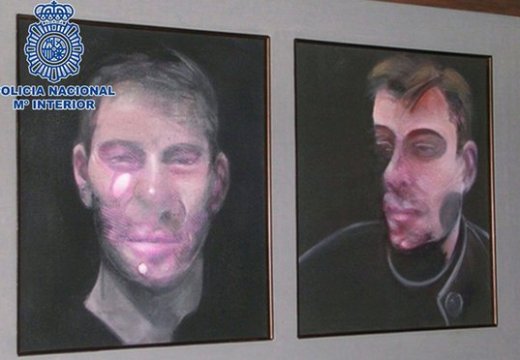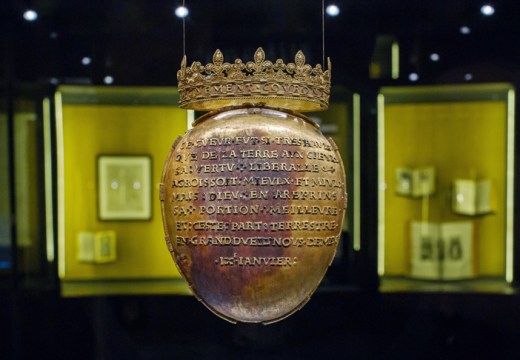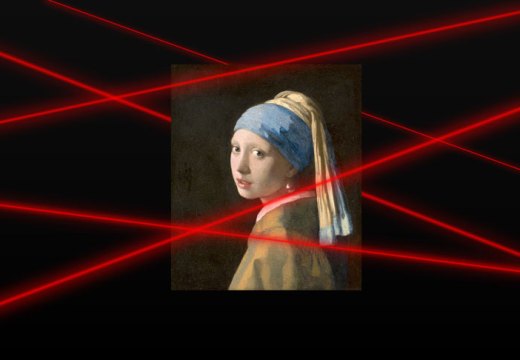Introducing Rakewell, Apollo’s wandering eye on the art world. Look out for regular posts taking a rakish perspective on art and museum stories
What motivates somebody to steal priceless art or artefacts? It’s notoriously difficult to sell such high-profile booty, so answers to this question generally range from gangland prestige to plain bad business sense – but ‘public service’ is rarely mooted. It has emerged in court, however, that the man who in 2018 attempted to steal the Magna Carta from Salisbury Cathedral, cracking its protective case with a hammer before being apprehended by onlookers, claimed simply to have had doubts about the authenticity of the manuscript. Or words to that effect: ‘You can’t talk to me about the Holy Grail,’ Mark Royden said in a statement to the police. ‘You would need a carbon test and a trace element test.’
While such sincere concern for the legal cornerstone of English democracy might sound unlikely, a brief investigation by your correspondent has suggested that public-spirited thievery is nothing new in the art world. Just last week, in a classic case of feeding the hand you’ve bitten, two men confessed to returning a Gustav Klimt painting to the very gallery in Italy they had stolen it from 20 years earlier. They hid it, they said, in a secret recess of an external wall of the building some four years ago; after its discovery last week, they called the act ‘a gift to the city’ of Piacenza.
But the most outlandish example of the genre occurred in 2001, when a painting by Marc Chagall was lifted during a cocktail party at the Jewish Museum in New York. Four days later, the museum received a ransom note, saying that the work would be returned once peace was brought to the Middle East. Some eight months after that, the painting rocked up in a mailroom in Topeka, having apparently been put in the post by the perpetrator. This unorthodox approach to international diplomacy may have come to nought – but perhaps it just goes to show how fervently people still believe that art can change the world.
Got a story for Rakewell? Get in touch at rakewell@apollomag.com or via @Rakewelltweets.
Unlimited access from just $16 every 3 months
Subscribe to get unlimited and exclusive access to the top art stories, interviews and exhibition reviews.














![Masterpiece [Re]discovery 2022. Photo: Ben Fisher Photography, courtesy of Masterpiece London](http://www.apollo-magazine.com/wp-content/uploads/2022/07/MPL2022_4263.jpg)
Suzanne Treister’s tarot offers humanity a new toolbox